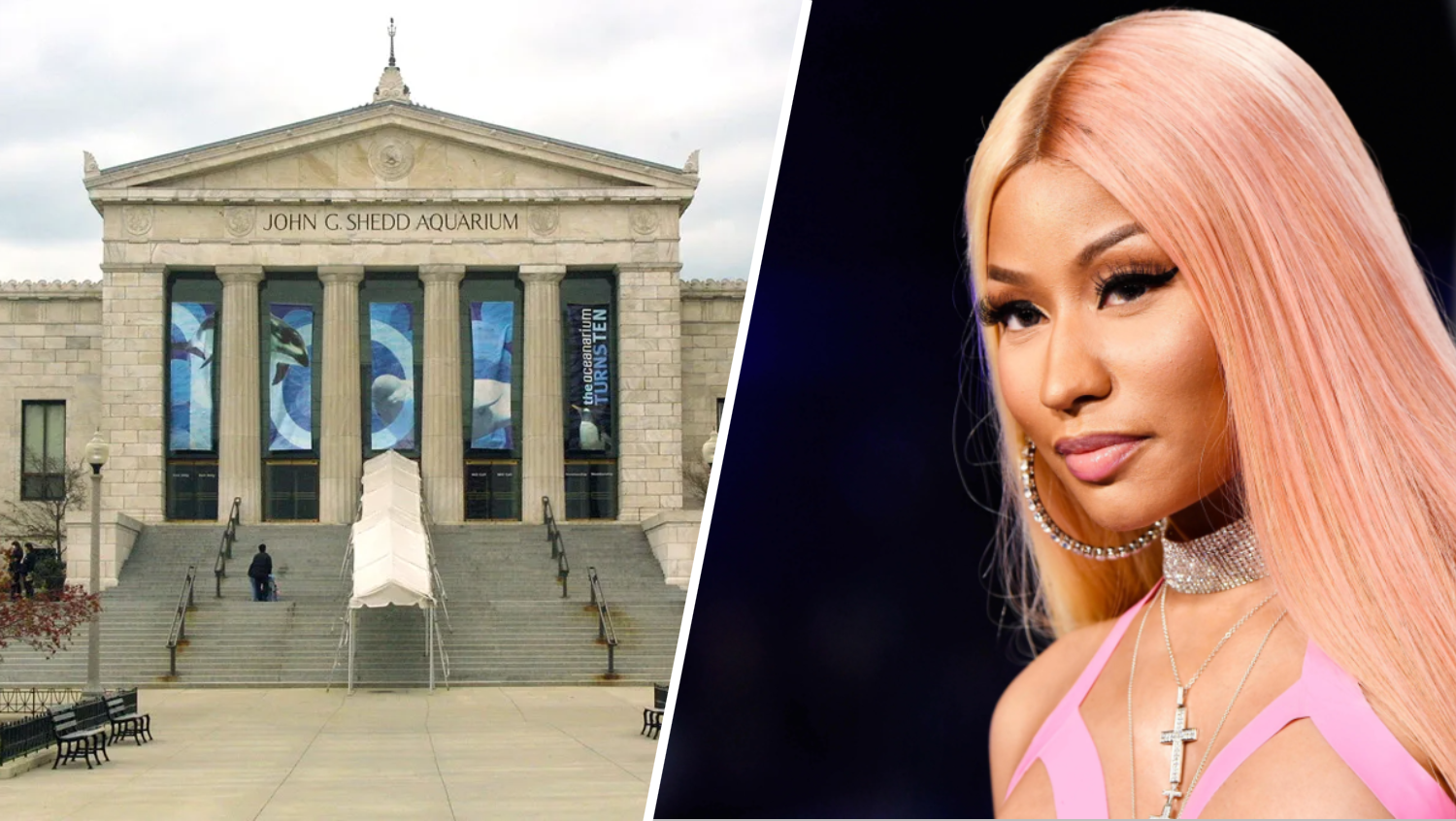In Chicago, there are two kinds of public policy proposals.
One is the kind that looks good, doesn't cost a lot to implement and is allowed by the Mayor to be discussed and debated in City Council.
The other addresses fundamental questions about how the city is run, who gets to run it and who can help themselves to taxpayer dollars along the way.
The second kind of proposals Mayor Rahm Emanuel absolutely doesn't allow to be debated or discussed by the City Council, or anyone else.
As an example, take a look at two recent issues before the City Council: electronic cigarettes and an elected school board.
Few people would argue whether smoking is good or bad from a public policy standpoint, and the question of whether the city should treat smokeless “e-cigarettes” the same as regular ones was taken up Monday by a joint meeting of the Finance and Health committees of the City Council.
Despite backing from the Mayor, the plan failed to pass out of the committees, with alderman choosing instead to increase the ban on menthol cigarettes around public schools.
Local
What’s the problem, you say? Democracy in action, right?
Of course, except that Chicago already has multiple bans on smoking in public places, and recently hiked the taxes on cigarettes to the highest in the nation.
In short, the city has long made it clear where it stands on smoking. And, with e-cigs being new and not yet popular, few people would be affected by the outcome.
An elected school board? Now that’s a different story.
Last year, Ald. John Arena (45th) tried to introduce a Council resolution to get a citywide advisory referendum on the ballot to ask voters whether Chicago Public Schools should have a democratically elected school board, instead of one appointed by the mayor as it currently is.
Back then, the resolution was kept off the ballot through some nifty parliamentary maneuvering by some mayoral allies, including Ald. Joe Moore (49th).
Arena persevered, introducing the resolution in September, only to find it immediately buried in the Rules Committee.
However, on the same day the Council took up the issue of e-cigarettes, it also managed for the second time in two years to kill the idea by finding enough alternate ballot questions to keep the issue of an elected school board away from voters.
Quite simply, the Council happily choose to consider one type of policy proposal and refused to entertain another.
It’s easy to see why, if you think about it. There’s a lot of money, power, control and influence to be found in keeping the school board comprised of hand-picked mayoral appointees, ready to do whatever the mayor wants.
For the most part, what the Mayor wants is to control the dollars in the CPS budget. That way, he can funnel as much as possible neighborhood public schools into privatized charter schools.
Consider this: for fiscal year 2014, CPS has projected a reduction in salaries for teachers and staff of $148.8 million, while increasing the amount of money going to charter schools by $80 million.
The largest charter school operator in Chicago, UNO, has also enjoyed extraordinarily close ties to both Mayor Emanuel and Ald. Ed Burke (14th), chairman of the powerful City Council Finance Committee.
Despite being dogged by scandals, UNO has built a charter school empire in the city with taxpayer dollars.
As well, controlling dollars allows the mayor to reward allies, punish enemies and keep his base of wealthier voters happy.
For example, in the same budget, half of $8.8 million in extra school funds were doled out to 62 schools in wealthier, North Side neighborhoods, in part to keep parents from protesting the budget.
In June and July, the Mayor closed 50 schools and slashed budgets by the millions. In September, he found $90 million in new school capital spending, much of it slated to be completed in 2015, an election year.
All of this happens with a school board that unanimously approves whatever the Mayor asks for.
Even worse, evidence exists that an elected school board would be popular with voters.
In 2012, a coalition of parents, activists, community groups and others collected 10,000 signatures for the issue and reported 87 percent of people polled in 327 precincts across the city supported the idea.
In the end, however, it doesn't matter how many people in Chicago might support the idea of an elected school board.
The Mayor has instructed the City Council that the question is not to be discussed.
And so, at least for now, it won't be.



